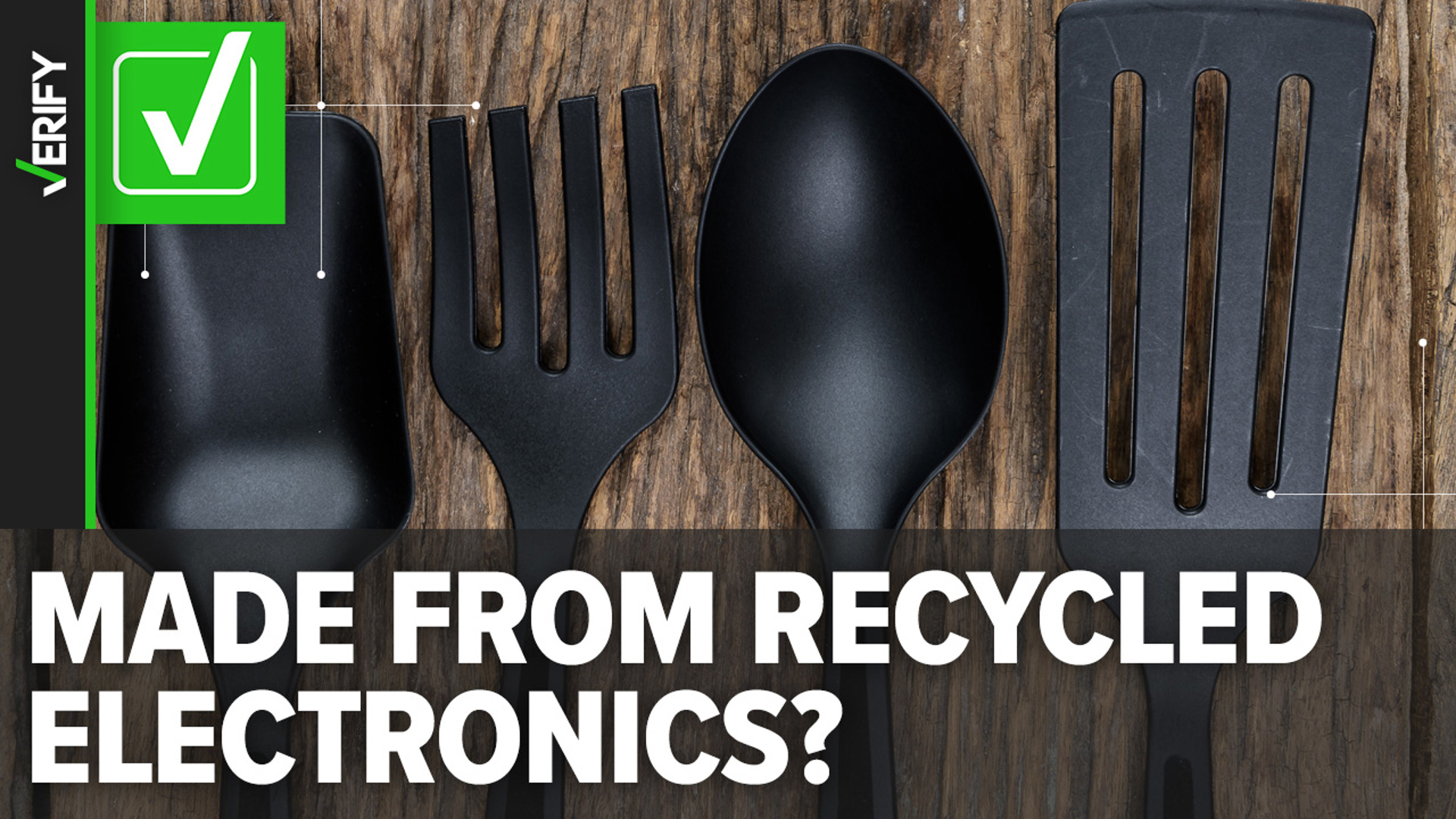![confederate-flag[ID=5607879] ID=5607879](http://www.gannett-cdn.com/-mm-/4490270b8fcc57b6625650b689ab14b10aa6728a/c=124-0-1880-1500/local/-/media/WMAZ/WMAZ/2014/02/19/1392828660000-confederate-flag.jpg) (USA Today) WASHINGTON -- States that sell specialty license plates promoting everything from "Choose Life" to "Conserve Water" can prohibit images like the Confederate flag, the Supreme Court ruled Thursday.
(USA Today) WASHINGTON -- States that sell specialty license plates promoting everything from "Choose Life" to "Conserve Water" can prohibit images like the Confederate flag, the Supreme Court ruled Thursday.
The justices said in a 5-4 decision that Texas' specialty license plate program is a type of government speech, and that the First Amendment does not prohibit the state from rejecting some designs.
Justice Steven Breyer, writing for the court's majority, said that Texas' program "does not violate the First Amendment" because "states have long used license plates in this country to convey government messages." Just as the state cannot force drivers to espouse a particular message, he said, drivers cannot force a state to espouse theirs.
Drivers can use bumper stickers to convey a personal message, Breyer said. But "placing it on the license plate would suggest, at least to some observers, that it is the state that is conveying the message."
The immediate impact is a setback to the Sons of Confederate Veterans, which had challenged Texas' denial of its license plate because some residents said the image of a Confederate flag symbolized racism and division.
The decision could have had broad implications in all states that allow private and non-profit organizations to design specialty plates for sale -- proceeds from which usually get divided between the states and the groups. Four justices, led by Samuel Alito, would have blocked states from refusing messages they find objectionable; that could have threatened their entire programs.
"The court's decision passes off private speech as government speech and, in doing so, establishes a precedent that threatens private speech that government finds displeasing," the dissent said.
The case, Walker v. Texas Division, Sons of Confederate Veterans, became a major test of the First Amendment, pitting freedom of speech against government authority. The court was faced with several tough questions: Who is speaking, the government or the driver? Can entire subjects be limited, or specific viewpoints? And must states give equal time to both sides of an issue -- say, "Fight Terrorism" and "Jihad?"
Four federal appeals courts had ruled in favor of free speech, while only one had said license plate messages were a form of government speech not subject to the First Amendment.
Sons of Confederate Veterans specialty plates first became available in Mississippi in 2003, with the money helping to restore Civil War-era flags. Today they are offered in eight other states: Alabama, Georgia, Maryland, Louisiana, North Carolina, South Carolina, Tennessee and Virginia.
The contested Texas plate -- the first one ever turned down by the Department of Motor Vehicles Board -- features a Confederate battle flag framed by the words "Sons of Confederate Veterans 1896." A faint Confederate flag also appears in the background. Proceeds from sales would go toward preservation and education efforts, including the group's youth camp, where teenagers can learn how to fire muskets and cannon.
The most controversial license plate on the market -- and the one involved in the most court cases -- bears the simple message "Choose Life." It's available in 29 states, but two federal courts have ruled that North Carolina cannot offer it without also allowing plates preferred by abortion-rights advocates. That case, also pending at the Supreme Court, likely will get sent back now with instructions for the appeals court to follow the new precedent.
In Indiana, a license plate designed by the Indiana Youth Group to support lesbian, gay, bisexual and transgender youths proved so controversial that the Legislature created an oversight committee to review specialty plates.
Texas, backed by 11 other states, contended the messages on license plates should be considered government rather than private speech, and therefore not subject to First Amendment challenges. The states reasoned that drivers can use bumper stickers, window decals or paint jobs to display private messages.
Proponents of free speech argued that the driver, not the state, does the speaking by displaying the license plates. If governments are allowed to limit such speech, they said, it would lead to increased censorship, such as on college campuses or against religious minorities.
The Supreme Court has not shied away from permitting controversial speech in its defense of the First Amendment. It has gone so far as to sanction homophobic protests adjacent to military funerals and videos depicting animals being crushed.


